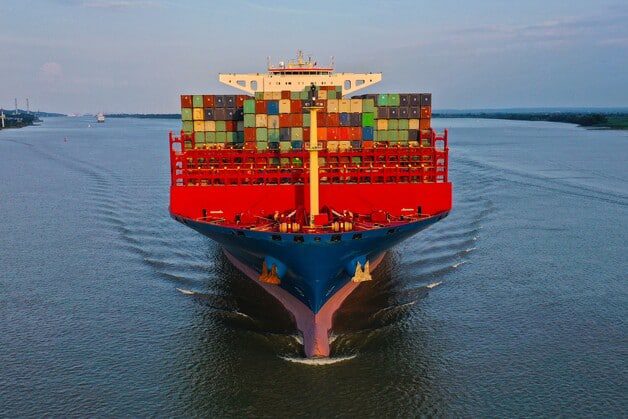The top ten carriers recorded a combined operating profit of US$160bn last year
A new report by the International Transport Forum claims that governments should build capacity to monitor competition in maritime transport as current institutional arrangements have failed to result in price stability, lower prices or more competition.
Titled ‘Performance of Maritime Logistics’, the study calls for specialised agencies to be strengthened and competition authorities to enhance cross-border cooperation.
“Competition arrangements for liner shipping could limit joint capacity management by carriers to foster more competition between them,” noted the report.
The report argues that public policies have facilitated a situation where regulators allow carriers to use cooperation arrangements to jointly manage fleet capacity.
Authors Olaf Merk of the ITF and Antonella Teodoro from MDS Transmodal cited that while spot rates were around six times higher on average by the end of 2021 and contract rates 2.9 times higher, ship schedule reliability decreased from 65% to 34% since 2020.
This means that that two out of three ships arrive in port at least one day behind schedule.
In addition, the globalised nature of container shipping has resulted in local supply chain problems spilling over to other regions and creating worldwide difficulties.
Shippers and freight forwarders in Europe have faced exponential increases in ocean freight rates to and from Europe and increasing difficulties booking cargo space, even though in Europe demand for container shipping is essentially flat and port congestion is negligible, the study pointed out.
Record freight rates have meant that the operational profit margin of the ten largest container shipping companies reached an estimated US$160bn in 2021, a substantial part of which has been used to fund acquisitions in the freight forwarding and logistics business to achieve vertical integration.
The ITF believes that this vertical integration poses new challenges for competition regulation.
The report stated: “Shipping companies can use their exemptions from competition law in many jurisdictions and their leverage as carriers to acquire competitive advantages in markets where they now directly compete with freight forwarders, port service providers or logistics operators that do not have such competition law exemptions.
“Regulators should ensure sufficient competition in the land-side port and logistics markets that the maritime container carriers have entered.”
The authors also claimed that the burden of proof for justifying surcharges should be on thecarrier, rather than on the shippers, who now often have to prove that these lack justification.
The report suggests that lists of accepted surcharges and requirements on how these are calculated should be published, to increase transparency.
Additionally, Merk and Teodoro called for increased charges for users or public maritime infrastructure, citing that in the EU carriers only contribute 4% of the cost of financing and maintaining infrastructure in ports and in inter-oceanic canals.






